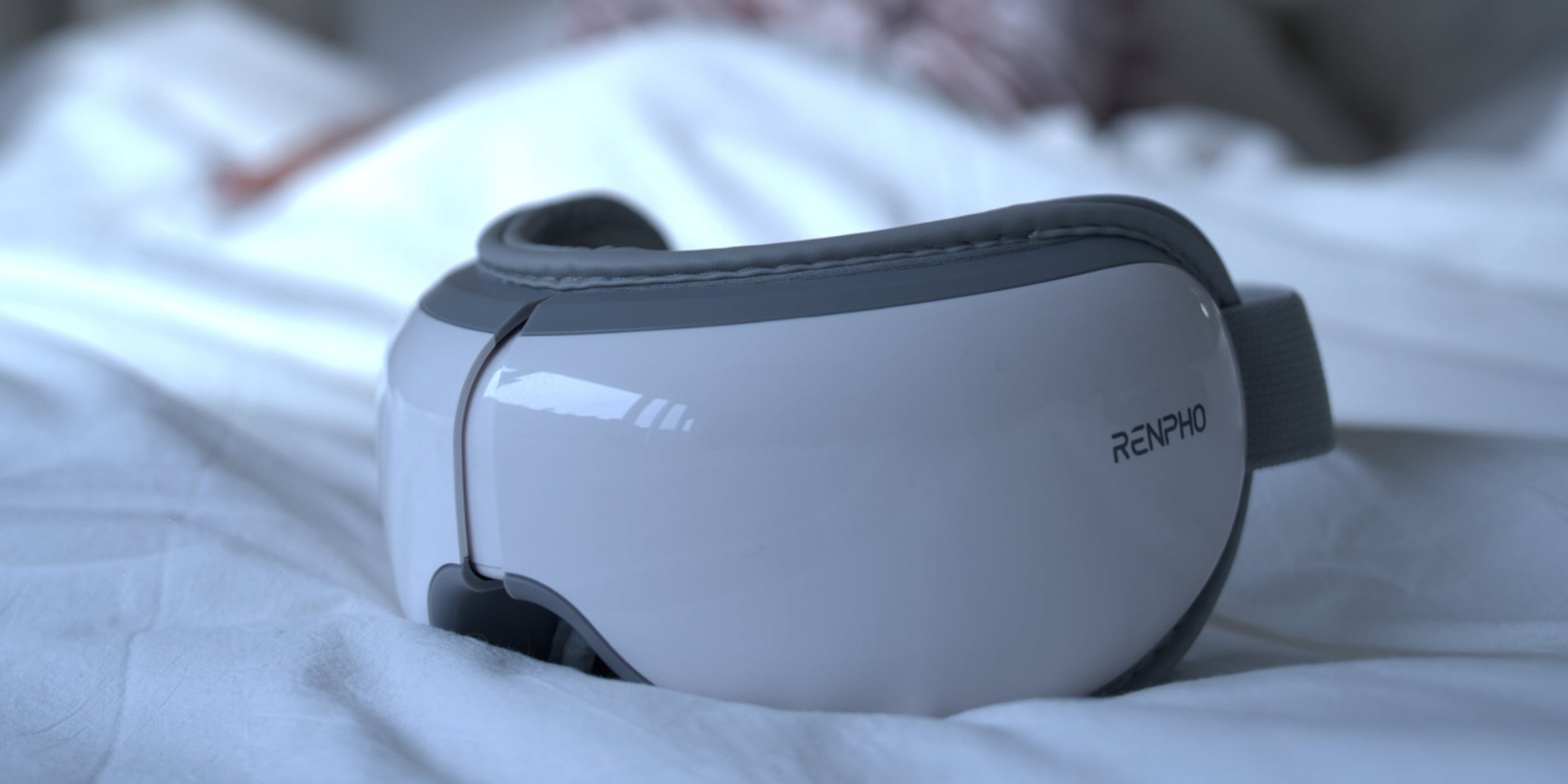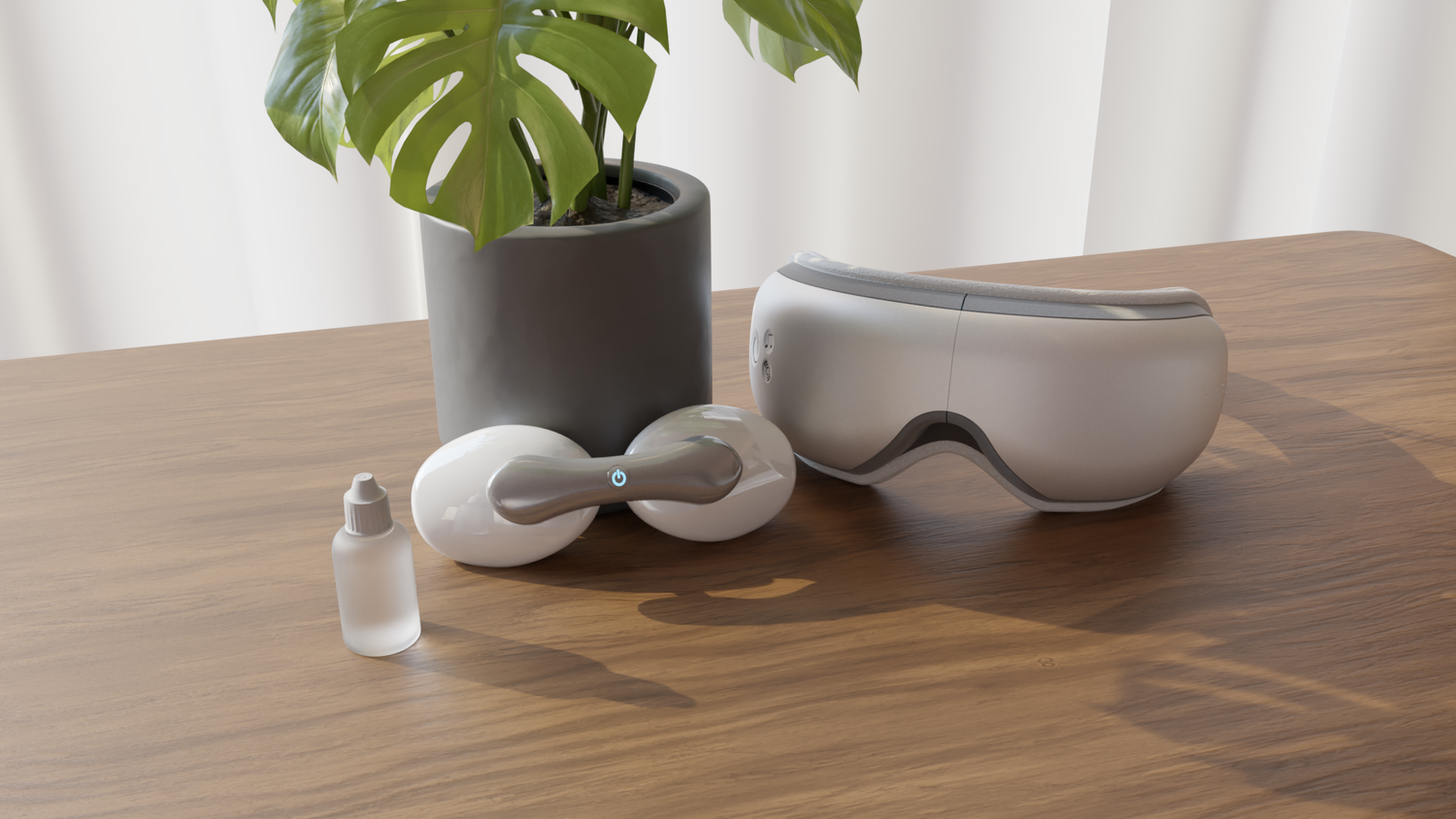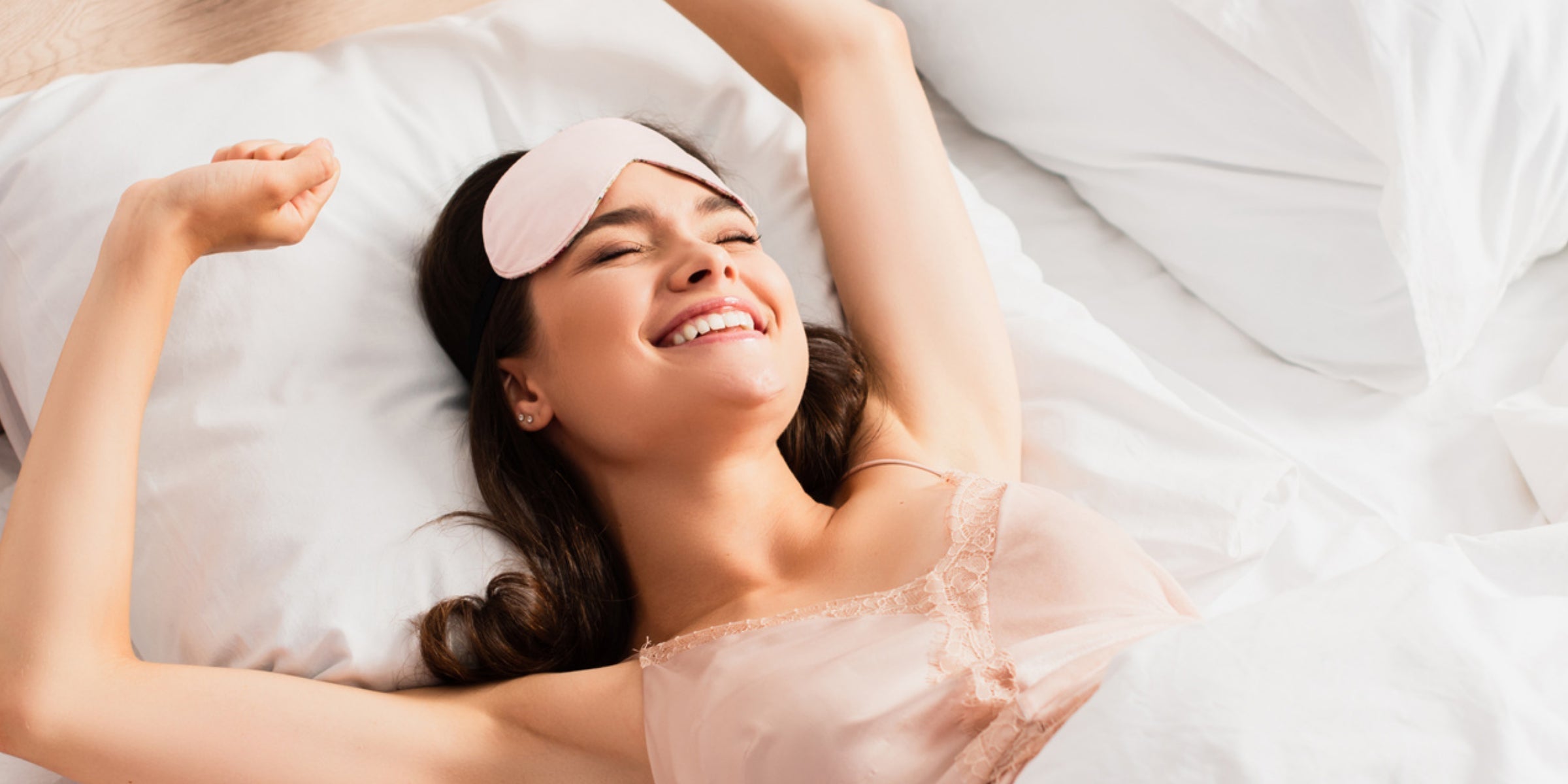Sleep, a fundamental aspect of our daily lives, is one of the most intriguing features of the human body. As we spend roughly a third of our lives doing it, it is unsurprising that understanding its intricate mechanisms has become a topic of immense interest and importance.
Among the numerous elements that impact sleep quality, light stands as a powerful force. Have you ever pondered on the possible effects that different types of light can have on your sleep?
If so, let’s embark on an illuminating exploration of the effects of light on sleep. Prepare to uncover the secrets concealed within the realm of sleep, as we navigate the profound impact of light on our nightly rejuvenation.
Therefore, dim the lights, get cozy, and join us on this quest to unravel the mysteries of sleep, as we shed light on the profound effects of light itself. Let's embark on this illuminating journey together!
How Does Light Regulate Sleep?

Light plays a crucial role in regulating our sleep-wake cycle, also known as the circadian rhythm. Our circadian rhythm, an internal biological clock, guides our sleep patterns, alertness, and various physiological processes throughout a 24-hour period.
The primary regulator of our circadian rhythm is the suprachiasmatic nucleus (SCN), a cluster of cells located in the hypothalamus region of the brain. The SCN receives information about light exposure through specialized cells in the retina of our eyes called intrinsically photosensitive retinal ganglion cells (ipRGCs). These cells are particularly sensitive to blue light, which is abundant in natural daylight.
When exposed to light, especially in the blue spectrum, ipRGCs send signals to the SCN, signaling the brain that it is daytime. In response, the SCN suppresses the production of melatonin, a hormone that promotes sleepiness and regulates the sleep-wake cycle. This reduction in melatonin levels promotes wakefulness and alertness during the day.
Conversely, as the day transitions into evening and light diminishes, the absence of blue light signals the SCN to initiate melatonin production. Melatonin levels gradually rise, promoting feelings of drowsiness and preparing the body for sleep.
Creating a sleep-friendly environment involves managing light exposure. Exposing ourselves to bright light in the morning and throughout the day can help align our circadian rhythm with the external day-night cycle.
Does Artificial Light Have an Effect on Your Sleep Pattern?
Artificial light has a significant impact on sleep patterns, particularly the bright blue light emitted by electronic devices. This exposure can disrupt the release of melatonin, making it challenging to fall asleep and achieve restful sleep.
Moreover, artificial light can disrupt the body's natural sleep-wake cycle, also known as the circadian rhythm. Prolonged exposure to artificial light, especially during the evening and night hours, can confuse this rhythm and can lead to insomnia or poor sleep quality.
To minimize the negative effects of artificial light on sleep, several strategies can be implemented. Firstly, using blue light filters on electronic devices can help reduce exposure to sleep-disrupting light wavelengths. These filters can be installed on smartphones, tablets, and computers, allowing for more comfortable nighttime use without suppressing melatonin release.
Additionally, avoiding bright lights in the hours leading up to bedtime is crucial. Switching to low-intensity lighting or using dimmers in the evening can help signal the body's natural sleep response.
Finally, establishing a consistent sleep schedule can help regulate the circadian rhythm and promote healthy sleep patterns. Going to bed and waking up at the same time each day, even on weekends, helps the body maintain a steady sleep-wake cycle.
What Are Circadian Rhythms?

As mentioned before, circadian rhythms are a fundamental aspect of our daily lives, governing the timing of many biological processes. Derived from the Latin word "circa diem," which translates to "around a day," these rhythms refer to the approximately 24-hour cycle that our bodies operate on.
In essence, circadian rhythms act as our internal body clocks, regulating various physiological and behavioral functions such as sleep-wake patterns, hormone secretion, body temperature, and metabolism. While these rhythms are primarily influenced by environmental cues, such as light and darkness, they are also genetically determined. Understanding the intricacies of circadian rhythms has significant implications for optimizing health and well-being, as disruptions to these rhythms have been linked to various health conditions, including sleep disorders, mood disorders, metabolic disorders, and even certain types of cancer.
How Does Light Affect Your Mental and Physical Health?

Light plays a crucial role in regulating our mental and physical health. Exposure to natural light ensures that our body's internal clock, also known as the circadian rhythm, functions optimally. This internal clock helps in maintaining a regular sleep-wake cycle, which is essential for overall well-being. Additionally, exposure to natural light assists in the production of vitamin D, a vital nutrient necessary for healthy bones and a strong immune system.
The impact of light on mental health should not be underestimated. Natural light has been shown to improve mood and reduce symptoms of depression and anxiety. Studies have found that individuals with access to natural light report feeling more positive and experiencing fewer negative emotions. This effect is attributed to the release of serotonin, a neurotransmitter that influences mood and is known as the "feel-good hormone."
Furthermore, exposure to natural light has been linked to improved cognitive function. Research suggests that exposure to natural light can improve attention, concentration, and productivity. Sunlight stimulates the production of dopamine in the brain, a neurotransmitter associated with improved focus and cognitive performance.
Takeaway
Sleep is a fascinating aspect of our lives, and light plays a crucial role in regulating our sleep-wake cycle. The circadian rhythm, our internal biological clock, is primarily influenced by light, especially blue light. Light exposure, particularly in the blue spectrum, signals the brain that it's daytime, thereby suppressing the production of melatonin and promoting wakefulness. As light diminishes in the evening, the absence of blue light triggers melatonin production, preparing the body for sleep.
Artificial light, notably the bright blue light emitted by electronic devices, can disrupt sleep patterns and the circadian rhythm. Excessive exposure to artificial light in the evening and night hours can lead to difficulties falling asleep and poor sleep quality. Strategies such as using blue light filters on devices, avoiding bright lights before bedtime, and establishing a consistent sleep schedule can minimize the negative effects of artificial light on sleep.
Circadian rhythms, which govern many biological processes, are influenced by both light and darkness. Disruptions to these rhythms can impact sleep, mood, metabolism, and overall health. Understanding circadian rhythms is important for optimizing well-being and addressing various health conditions.
Light also impacts mental and physical health. Exposure to natural light helps regulate the circadian rhythm and promotes a regular sleep-wake cycle. It contributes to the production of vitamin D and has a positive impact on mood, reducing symptoms of depression and anxiety. Natural light has been associated with improved cognitive function, enhancing attention, concentration, and productivity.
Overall, light has profound effects on sleep, mental health, and physical well-being. By managing light exposure and prioritizing a sleep-friendly environment, we can harness the power of light to improve our sleep quality and overall health.
Renpho Health Tips
-

Vitality in the Spring: Rejuvenating Your Energy Post-Winter
March 14, 2024
Read more >
-

Unveiling the Best RENPHO Eye Massagers for Every Need
March 13, 2024
Read more >
-

Spring Into Radiant Skin and Upgrade Your Skincare Routine for the Season
March 13, 2024
Read more >
-

5 Tips on Relieving Dry Eyes with Reflexology
March 11, 2024
Read more >
-

Say Goodbye to Eye Infections: Choosing the Right Eye Mask for Optimal Eye Health
March 4, 2024
Read more >




































